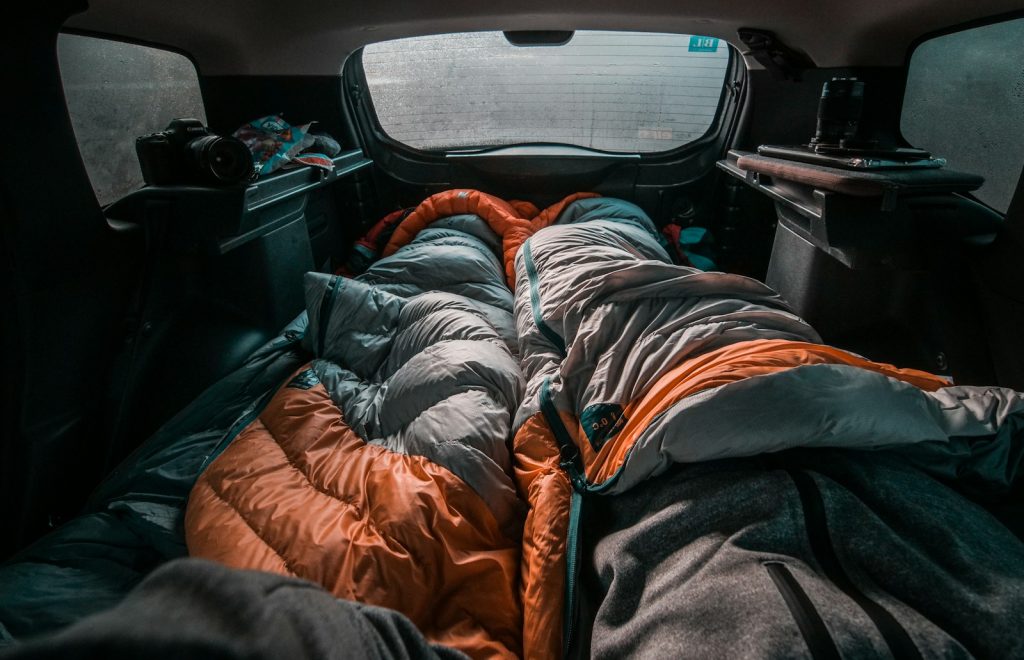
Car Camping Essentials: A Comprehensive Guide for Your Next Adventure
We may earn money or products from the companies mentioned in this post.
Car camping is a popular way to enjoy the great outdoors without sacrificing the comforts of home. Whether you’re a seasoned camper or new to the camping scene, having the right gear can make all the difference in your experience. In this article, we will discuss some of the car camping essentials you need for a successful trip.
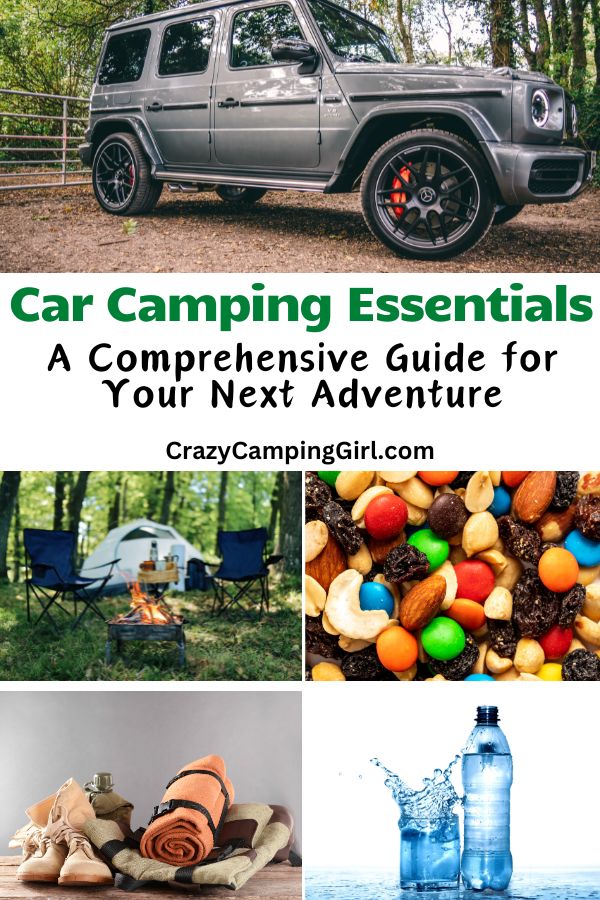
When it comes to car camping, one of the most important things to consider is your sleeping arrangements. Unlike backpacking, where weight and size are critical factors, car camping allows you to bring a more comfortable sleeping setup.
A quality sleeping bag or blankets, sleeping pad, and camping pillow are all essential items to ensure a good night’s sleep. Additionally, if you plan on sleeping in your car, consider investing in window shades or curtains for added privacy and temperature control.
Aside from sleeping gear, there are several other car camping essentials you’ll want to have on hand for a successful trip. These include a tent (if you prefer not to sleep in your car), headlamps or flashlights with extra batteries, a camp chair, and a camp table.
Additionally, a lantern or other light source is essential for providing light around your campsite at night. With the right gear, car camping can be a fun and comfortable way to enjoy the great outdoors.
Choosing the Right Vehicle
When it comes to car camping, choosing the right vehicle is crucial. You need a vehicle that can comfortably accommodate you and your camping gear, while also providing the necessary features for a successful camping trip. In this section, we will discuss the key factors to consider when choosing a car for camping.
Size and Space
The size and space of your vehicle are critical when it comes to car camping. You need a vehicle that can comfortably accommodate you and your camping gear. A smaller car might be more fuel-efficient, but it may not have enough space for all your camping gear. On the other hand, a larger vehicle might have plenty of space, but it might be difficult to maneuver in tight spaces or off-road.
When choosing a car for camping, consider the following:
- How many people will be camping with you?
- How much camping gear will you need to bring?
- Will you need to sleep in the car?
Fuel Efficiency
Fuel efficiency is another important factor to consider when choosing a car for camping. A car that gets good gas mileage will save you money on fuel costs and allow you to travel further on a single tank of gas. However, it’s important to strike a balance between fuel efficiency and size/space. A larger car might get worse gas mileage, but it might be more comfortable for long trips.
When choosing a car for camping, consider the following:
- How far will you be traveling?
- Will you be driving mostly on highways or off-road?
- How much gear will you be carrying?
Off-Road Capability
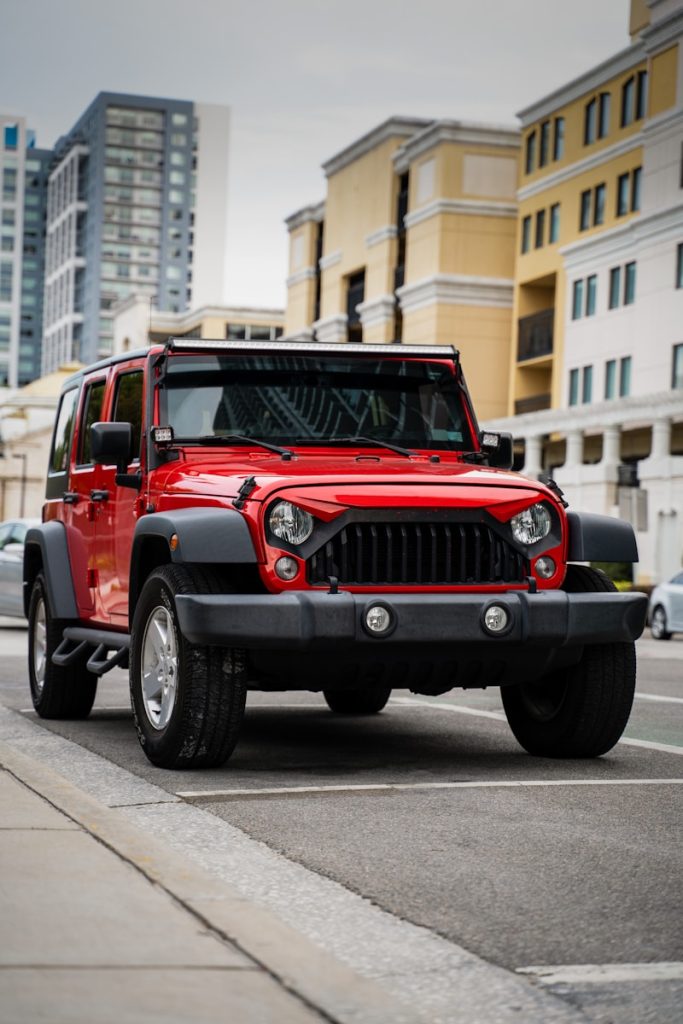
Off-road capability is an important consideration if you plan on camping in remote areas or on rough terrain. A car with good off-road capability will be able to handle rough terrain and provide a smoother ride on dirt roads. However, off-road capability often comes at the expense of fuel efficiency and size/space.
When choosing a car for camping, consider the following:
- Will you be camping on rough terrain?
- Will you need to drive on dirt roads or through streams?
- Will you need a car with all-wheel drive or four-wheel drive?
Essential Car Camping Gear
When it comes to car camping essentials, having the right gear can make all the difference. Here are some essential items to consider bringing on your next car camping trip.
Tents and Sleeping Bags
A good tent and sleeping bag are essential for a comfortable night’s sleep. Look for a tent that is easy to set up and has enough space for you and your camping companions. A 3-season tent is a good choice for most car camping trips.
For sleeping bags, choose one that is appropriate for the temperature of your destination. A down-filled sleeping bag is lightweight and compressible, making it a great choice for car camping.
Cooking Equipment
Cooking over a campfire is a classic camping experience, but it’s not always practical. Consider bringing a portable stove for quick and easy meals. Look for one that is lightweight and compact, with a stable base. A cast-iron skillet is a versatile piece of cookware that can be used for everything from frying eggs to making stir-fry. Don’t forget to bring utensils, plates, and cups.
Lighting
Having adequate lighting is important for safety and convenience. A headlamp is a great choice for hands-free lighting. Look for one with adjustable brightness and a long battery life. Lanterns are also a good option for lighting up your campsite. Choose one that is lightweight and easy to hang.
Navigation Tools
Getting lost in the wilderness is never fun. Bring a map and compass to help navigate your way around. A GPS device can also be useful, but don’t rely on it completely. Make sure to bring extra batteries or a portable charger.
| Item | Description |
|---|---|
| Tent | 3-season tent that is easy to set up and has enough space for your group |
| Sleeping Bag | Appropriate for the temperature of your destination, down-filled for lightweight and compressible option |
| Portable Stove | Lightweight and compact with a stable base |
| Cast-Iron Skillet | Versatile cookware for frying eggs to making stir-fry |
| Utensils, Plates, and Cups | Necessary for meals |
| Headlamp | Hands-free lighting with adjustable brightness and long battery life |
| Lantern | Lightweight and easy to hang |
| Map and Compass | Essential for navigation |
| GPS Device | Useful but don’t rely on it completely |
| Extra Batteries or Portable Charger | For GPS device and other electronics |
Food and Water
Meal Planning
When it comes to meal planning for car camping, it’s important to consider the duration of your trip, the number of people in your group, and any dietary restrictions. Make a list of all the meals you plan to have and the ingredients needed for each. Consider prepping some meals in advance to make cooking at the campsite easier.

Pack non-perishable snacks like energy bars, nuts, and dried fruit to keep you fueled throughout the day. Don’t forget to pack a cooler with perishable items like meat, cheese, and vegetables. Make sure to pack enough ice to keep your food cold for the duration of your trip.
Water Purification
Access to clean drinking water is crucial when camping. While some campsites have potable water, it’s always a good idea to bring your own water filtration system or purification tablets.
Water filtration systems come in different forms, including pump filters, gravity filters, and straw filters. Pump filters are great for groups and can filter large amounts of water quickly. Gravity filters are easy to use and require no pumping. Straw filters are compact and lightweight, making them ideal for backpacking.
Water purification tablets are another option for treating water. They are lightweight and easy to use, but they do take some time to work. Follow the instructions on the packaging carefully to ensure proper use.
Remember to always prioritize water safety and bring enough water for your trip. A general rule of thumb is to bring at least one gallon of water per person per day.
By planning your meals and ensuring access to clean drinking water, you can enjoy your car camping trip without worrying about food and hydration.
Safety Precautions
When car camping, it is important to take certain safety precautions to ensure a safe and enjoyable experience. Here are some of the most important things to keep in mind:
First Aid Kit
A well-stocked first aid kit is a must-have for any camping trip, whether you’re car camping or backpacking. Make sure your kit includes basic supplies like bandages, gauze, antiseptic wipes, and pain relievers. If you or anyone in your group has specific medical needs, be sure to include any necessary medications or supplies.
Emergency Contact Information
Before you head out on your car camping trip, make sure someone knows where you are going and when you plan to return. Leave a detailed itinerary with a friend or family member, including your campsite location and any planned activities. If something goes wrong, this information could be critical in getting help quickly.
Weather and Terrain Awareness
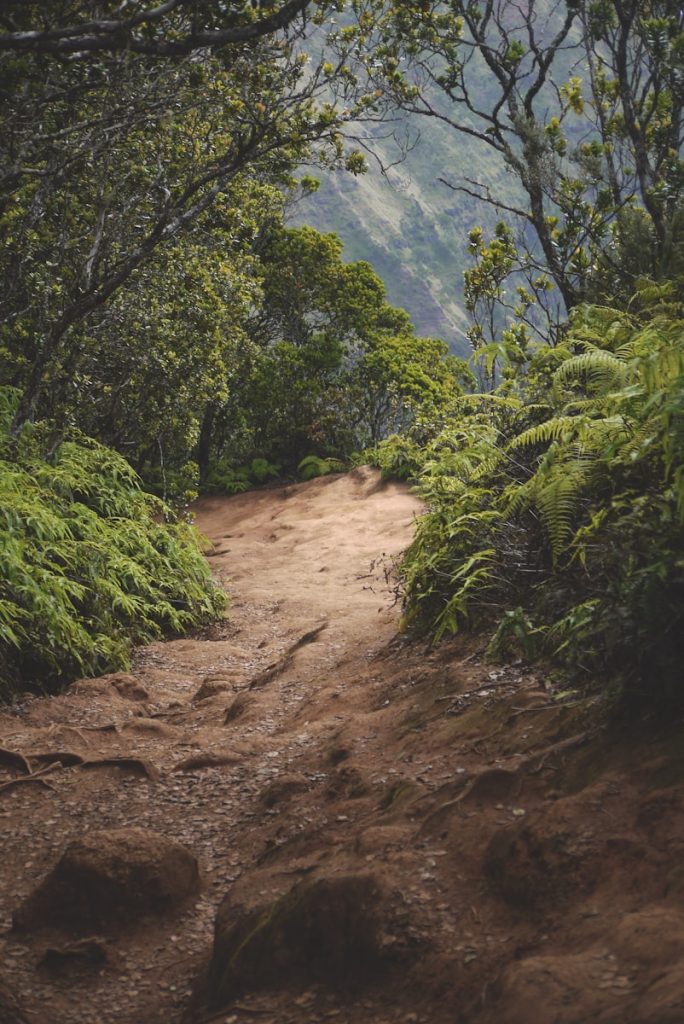
Be aware of the weather forecast for your camping location, and pack accordingly. If you’re camping in an area with potential for extreme weather, make sure you have appropriate gear and supplies. It’s also important to be aware of the terrain and any potential hazards, like steep cliffs or rocky areas. Stay on designated trails and be cautious when exploring new areas.
Remember, safety should always be your top priority when car camping. By taking the necessary precautions and being prepared for the unexpected, you can enjoy a fun and worry-free camping trip.
Leave No Trace Principles
When car camping, it is essential to follow Leave No Trace principles to minimize your impact on the environment and help preserve natural spaces for future generations. Here are the seven Leave No Trace principles to keep in mind:
- Plan ahead and prepare: Before heading out on your car camping trip, research the area’s regulations and restrictions, and plan your trip accordingly. Make sure to bring all necessary gear and supplies, including a trash bag and a portable toilet if necessary.
Dispose of waste properly: Properly dispose of all waste, including human waste, trash, and wastewater. Pack out all trash and dispose of it in a proper receptacle. If there are no restrooms available, use a portable toilet and pack out all waste.
Leave the environment as you found it: When leaving your campsite, make sure to leave the environment in the same condition as you found it. This includes removing all trash, dismantling any structures, and restoring any disturbed areas.
Minimize campfire impacts: Check the local regulations regarding campfires and follow them accordingly. If campfires are allowed, use established fire rings or pits and keep the fire small. Use a stove for cooking instead of a fire whenever possible.
Respect wildlife: Observe wildlife from a distance and do not disturb their natural habitats. Do not feed wildlife or approach them too closely.
Be considerate of other visitors: Respect other visitors’ right to enjoy the natural environment and keep noise levels down. Follow campground rules and regulations and be mindful of others’ privacy and personal space.
By following these Leave No Trace principles, you can help preserve natural spaces and ensure that they remain accessible and enjoyable for future generations.
Car Maintenance for Camping
Before embarking on a car camping trip, it is important to ensure that your vehicle is in good condition. This will not only ensure a safe and enjoyable trip but also prevent any unexpected breakdowns on the road. Here are some essential car maintenance tips to consider before heading out on a car camping adventure.
Tire Check
Checking your car’s tires is crucial to ensure a safe and smooth journey. Make sure to check the tire pressure, tread depth, and overall condition of the tires. Inadequate tire pressure can cause poor handling, reduced gas mileage, and even a blowout. It is also essential to check for any punctures, bulges, or cracks on the tires. If you notice any of these issues, it is advisable to replace the tires before embarking on your trip.
Engine Health
A well-maintained engine is essential for a successful car camping trip. Check the oil level, coolant level, and brake fluid level before hitting the road. Make sure to top up any fluids that are low. Also, check the battery terminals for any corrosion and ensure that the battery is fully charged. If your vehicle is due for a service, it is advisable to get it serviced before your trip.
Spare Parts
Carrying spare parts is essential for any car camping trip. It is advisable to carry spare fuses, light bulbs, and a tire repair kit. A spare tire is also a must-have in case of a flat tire. It is also a good idea to carry a basic tool kit to fix any minor issues that may arise during your trip.
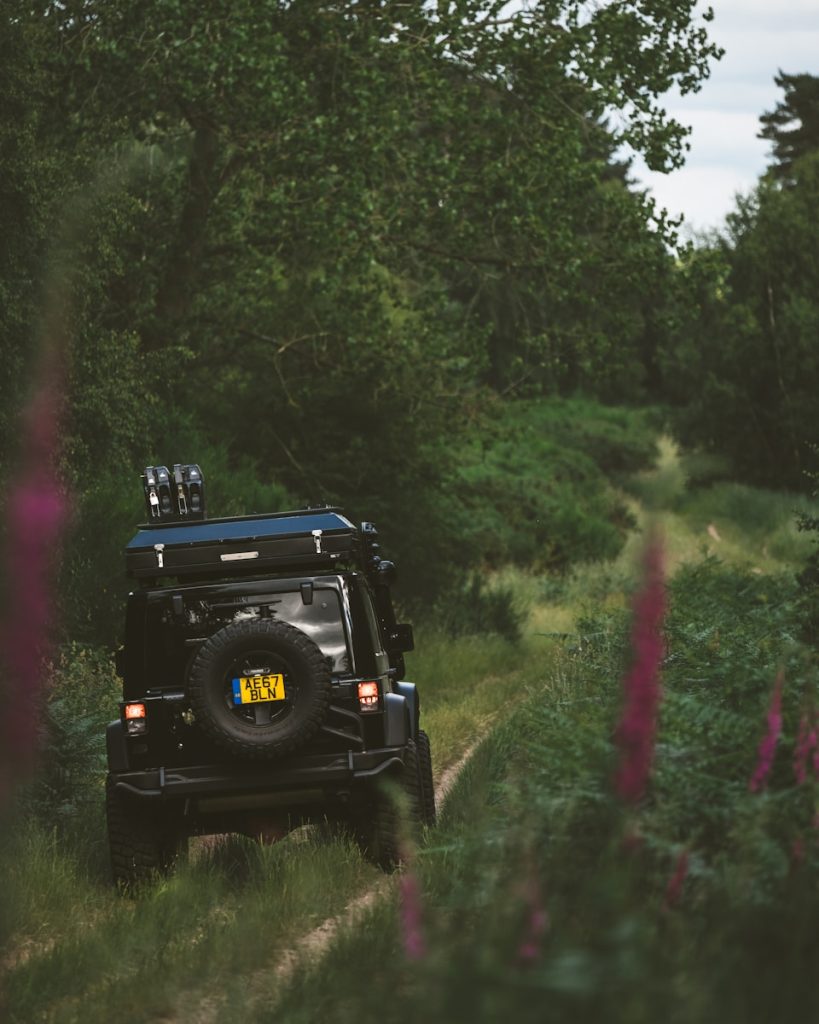
Car maintenance is an essential aspect of car camping. By following these simple tips, you can ensure a safe and enjoyable trip. Remember to always be prepared and carry spare parts and tools to fix any minor issues that may arise during your trip.
Frequently Asked Questions about Car Camping Essentials
What are some essential items to bring for car camping?
When packing for a car camping trip, it’s important to bring along essential items that will make your trip comfortable and safe. These items include a tent, sleeping bags, sleeping pads, camping chairs, a cooler, a stove, cooking utensils, a first aid kit, and a flashlight. You should also bring plenty of water and food.
How do I pack my car efficiently for a camping trip?
Packing your car efficiently for a camping trip can be a challenge, but there are a few tips that can help. First, pack heavy items at the bottom of the car and lighter items on top. This will help distribute the weight evenly and prevent the car from becoming top-heavy.
Next, use storage containers to keep items organized and easy to find. Finally, try to pack items in a way that makes them easily accessible, so you don’t have to unpack everything to find what you need.
What are some commonly forgotten items for car camping?
Some commonly forgotten items for car camping include a can opener, garbage bags, insect repellent, sunscreen, and extra batteries for flashlights. It’s also important to bring warm clothing, even if you’re camping in a warm climate, as temperatures can drop at night.
What should I look for in a car camping tent?
When choosing a car camping tent, look for a tent that is easy to set up and take down, as well as one that provides ample space for you and your camping gear. A tent with a rainfly is also important, as it will help keep you dry in the event of rain. Finally, look for a tent that is made from durable materials and has a sturdy frame.
Can I sleep in my car at a campsite?
Many campsites allow visitors to sleep in their cars, but it’s important to check with the campsite beforehand to make sure it’s allowed. If you plan on sleeping in your car, make sure you have plenty of blankets and pillows to make the space comfortable.
What are some tips for car camping beginners?
For car camping beginners, it’s important to start with a simple camping trip and gradually work your way up to more challenging trips. Make sure you have all the essential gear and don’t be afraid to ask more experienced campers for advice. Finally, be prepared for the unexpected and have a backup plan in case of bad weather or other emergencies.
